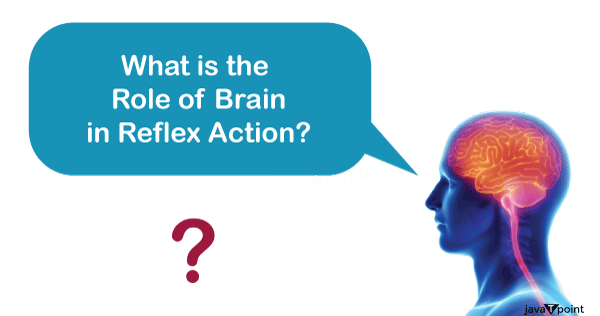What is the Role of Brain in Reflex Action?The brain, also known as a neuronal connection and communication powerhouse, is responsible for a variety of functions, including coordinating our thoughts, memories, and emotions. Furthermore, it plays an important function in our body's automatic response. But is it also tied to reflex action? If you're looking for a solution, this article will help you discover the interesting link between and better comprehend brain function. Let's start with the basics before delving into the brain's function in reflex action. Reflex ActionA reflex action is a quick, direct reaction to an external stimulus. Simply said, these are unplanned actions that do not require thought. These instinctive and unexpected actions happen in a fraction of a second and without conscious deliberation. To example, if you inadvertently touch a hot pan, your hands will pull away in a fraction of a second to avoid harm. Although reflex actions appear simple, they require intricate coordination between numerous body parts, including the brain. There is no direct role of the brain in reflex action
The brain plays no direct involvement in a reflex action since it is an involuntary action that requires no thought and a quick response to prevent negative consequences. The reflex action is controlled and managed by your spinal cord. It is controlled by the spinal cord since it does not require thinking. Understanding the reflex arc and its components is critical to comprehending how and what regulates reflex actions. It is a neural pathway that governs reflexes by permitting impulsive transfer of sensory information to the spinal cord and then back to the muscles or glands involved in the reaction. It also has five major components, which are as follows:
Is Reflex Action Important?Reflex acts are important because they are automatic and spontaneous. Here are some of its main advantages:
What If Reflex Actions are Not Functioning?The lack of reflex action can be concerning since it may suggest a problem with the neurological system. Several factors can cause Reflex Actions to be disturbed:
If you feel that your reflex actions are missing or not functioning properly, you should check with a healthcare practitioner. They may assess your symptoms, provide diagnostic tests for an accurate diagnosis, and recommend preventive measures and therapies based on the individual problems. Reflex action functioning is crucial because it allows our bodies to respond to potential threats. Their failure to function can impair our ability to defend ourselves against prospective threats. ConclusionThe brain has a complicated and multifaceted role in reflex action, which is largely coordinated with the spinal cord. Reflexes, in addition to being automatic responses, are supported by a complex network of neurological circuits comprising the brain, sensory receptors, the spinal cord, and motor neurons. Understanding the brain's participation in reflex actions allows us to obtain a better understanding of our bodies' complicated workings and the significance of these natural responses.
Next TopicBrain Stroke Symptoms
|
 For Videos Join Our Youtube Channel: Join Now
For Videos Join Our Youtube Channel: Join Now
Feedback
- Send your Feedback to [email protected]
Help Others, Please Share









